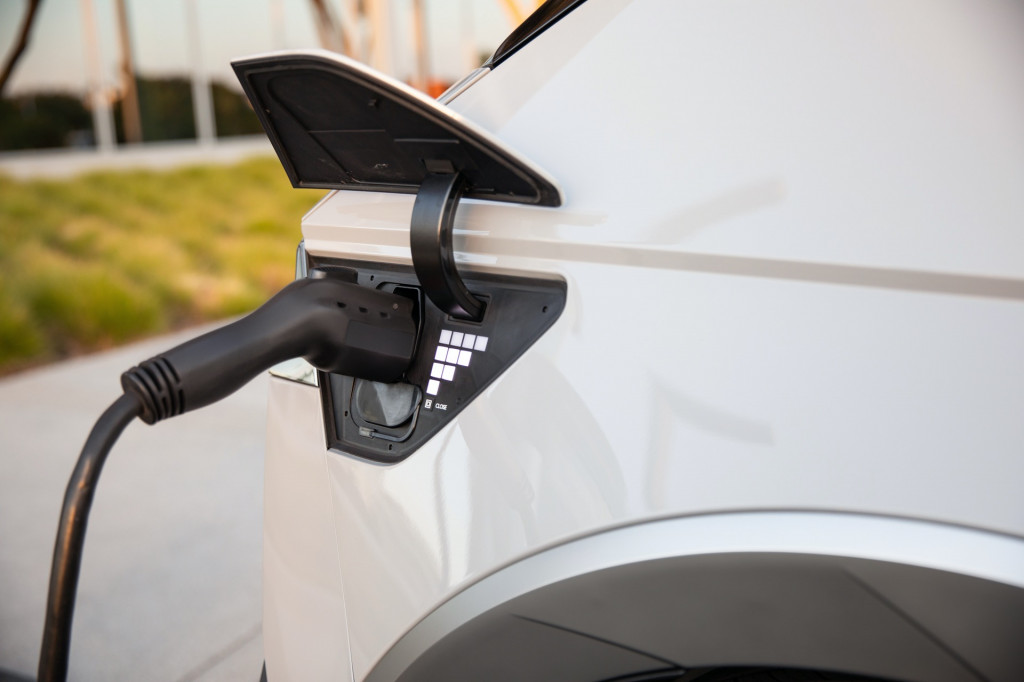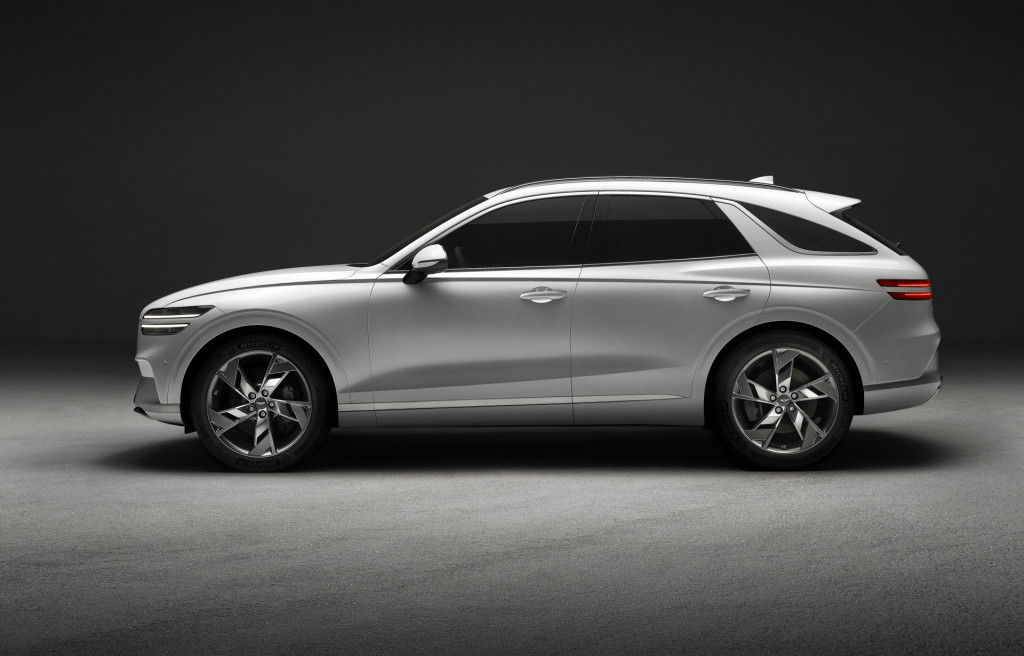Combined across Hyundai, Kia, and Genesis brands, the Hyundai Group says that it intends to become one of the top three EV sellers in the U.S. by 2026.
If you’re one of the people calling around this weekend for the wild chance a dealership might have a Hyundai Ioniq 5 in stock, hold your laugh and have a little patience. To that goal, the Group confirmed Friday afternoon that it plans a dedicated factory for electric vehicles—plus a corresponding battery venture yet to be detailed—in Bryan County, Georgia, which lies in the state’s coastal region, near Savannah.

2022 Hyundai Ioniq 5
The location could prove useful for exports, and for transportation in general. It\’s set along I-95, about 30 miles from the Port of Savannah—the second-largest container port on the East Coast. Westward, Kia has its U.S. manufacturing hub across the state near the Alabama border, and Hyundai has a plant in Alabama. Battery maker SK Innovation is also building dual Georgia plants that will be able to support 300,000 new EVs per year.
The Hyundai plant isn’t expected to begin making vehicles until the first half of 2025, but it won’t just be a niche operation. It represents an investment of approximately $5.54 billion, according to Hyundai, and will lead to the creation of about 8,100 new jobs. With an annual capacity of 300,000 units, it will have double the capacity of Rivian’s Illinois EV plant but won’t be as large as Rivian’s Georgia plant and its projected 450,000 capacity, for example.

Genesis Electrified GV70
Hyundai hasn’t yet said which vehicles will be built at the plant. It announced in April that it plans to build the fully electric Genesis GV70 in Alabama, and other Hyundai models may follow. The Ioniq 7—previewed by the Seven concept—is one possibility.
Funding for the plant is part of the Hyundai Group’s planned investment of $7.4 billion into the U.S. market by 2025, and part of a global target to sell 3.23 million fully electric vehicles annually by 2030.
According to the Atlanta Journal-Constitution, the Hyundai plant is likely to receive a land, grant, and tax-break package rivaling the $1.5 billion package received by Rivian.
Hyundai notes that Georgia is the Southeastern leader for per capita EV registrations, although it should be noted that Georgia didn’t get there organically. The state used to have one of the strongest EV incentives, of $5,000 per EV; but when that was dropped, with a tax phased in instead, EV sales plummeted 90% in the months immediately following.









